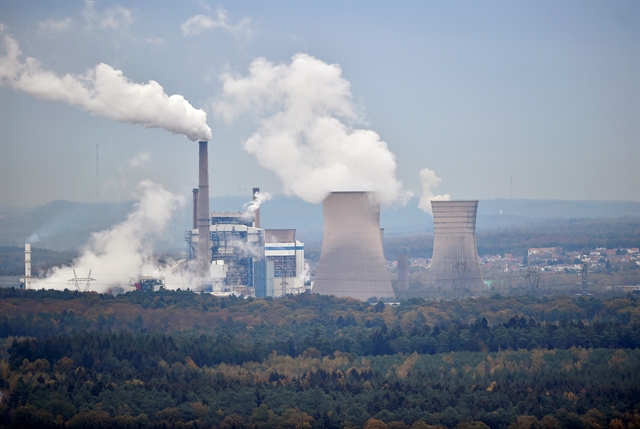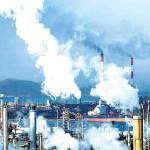
Climate change is one of the world’s biggest threats, and reducing emissions is the priority for all countries in the world and the lodestar for investment trends.
Warmer temperatures are altering weather phenomena and disrupting the balance of nature, directly affecting human activities.
The devastation caused by extreme weather disasters like typhoons, floods, and heat waves is worsening in many nations.
And the economic damage caused by climate change is also increasing in line with global temperatures. Major storms destroy crops, costing billions of dollars, while rebuilding after each storm and flood requires a huge amount of money. The more extreme the climate, the more it damages economies.
It is a positive sign that many countries have joined the fight for net zero emissions by 2050.
Many people worry that it is unrealistic given the standard pace we have already set.
However, an expert in the industry believes we are capable of achieving the target of net zero by the set time.
“We would reduce our emissions by 50 per cent in this decade, not in 20 years. So, in the next seven years, cut by half. Then, by 2050, we will have reached net zero. That sounds like a lot, but the fact is it is entirely doable,” Christiana Figueres, co-founder of Global Optimism and former executive secretary of the United Nations Framework Convention on Climate Change, said at a session at the 16th Asian Financial Forum held in Hong Kong earlier this month.
“We have the capital, we have the technologies, and we know what policies work. The question now is how to align these three.”
In the latest move, the US passed the Inflation Reduction Act of 2022 after leaving the 2015 Paris Agreement in 2017.
The Act is a climate change and healthcare spending bill worth US$740 billion, of which $400 billion is spent on energy security and climate change programmes over the next ten years.
She also stressed that it is time for businesses to change their mindset and understand the risks and opportunities of sustainable development.
In fact, many enterprises worldwide have been focusing on green growth in the past few years and using decarbonisation as a strategy to attract consumers and investors.
The conflict between Russia – Ukraine has led to a spike in fossil fuel prices but also helped increase countries’ energy independence more than ever, Figueres added.
Consumers are also increasingly aware of climate change. More and more people prefer environmentally friendly products and choose producers that have environmental commitments.
Therefore, “we need to call all financial sector institutions to move their lending or their investment portfolios from dirty energy to clean energy, clean products, and clean services to secure the value of their assets,” said Figueres.
Financing’s role in decarbonising the Asia region
Asia is one of the most vulnerable regions to climate change.
A report from the International Monetary Fund (IMF) said that emerging markets and developing economies must invest at least $1 trillion in energy infrastructure by 2030 and $3 trillion to $6 trillion across all sectors per year by 2050 to mitigate climate change by substantially reducing greenhouse gas emissions.
According to Figueres, Asian regulators are actually moving ahead of businesses and financial institutions, which is different from many other parts of the world.
Asia’s energy demand has grown strongly in the past four decades due to high economic levels and increased urbanisation and industrialisation.
“So that actually means energy is at the heart of both the liability and the opportunity for the region,” Figueres said.
At the moment, fossil fuels are still the main fuel source in the region. “That is the Achilles heel of the Asia region and its financial sector.”
“I must say decarbonising the energy sector in Asia is key to sustaining and increasing Asian competitiveness, and the key to decarbonising is whatever decisions are made in the financial sector.”
And Hong Kong, as Asia’s premier financial centre, could rise to play a key role in supporting at least the Asian banking sector to reduce climate change’s risks and take advantage of the growth opportunities, the expert said.
Ly Ly Cao (VNS)





